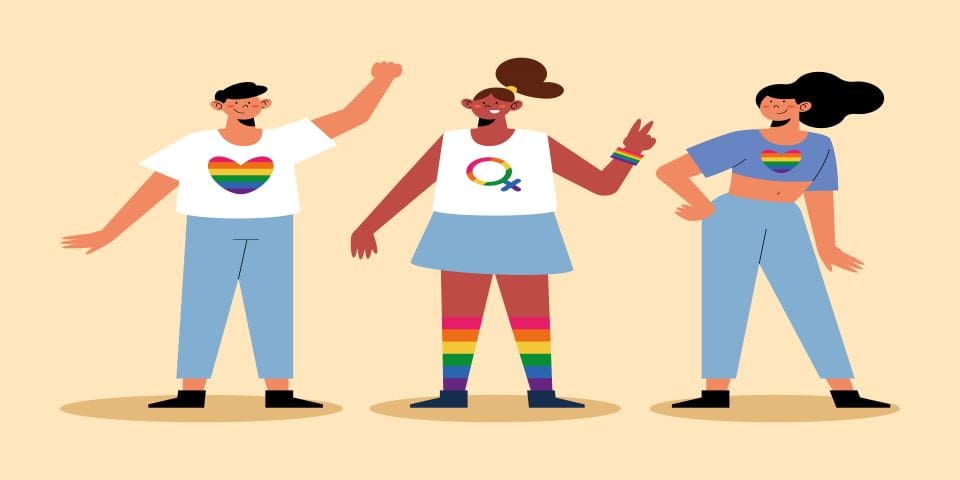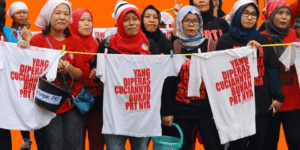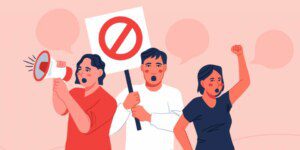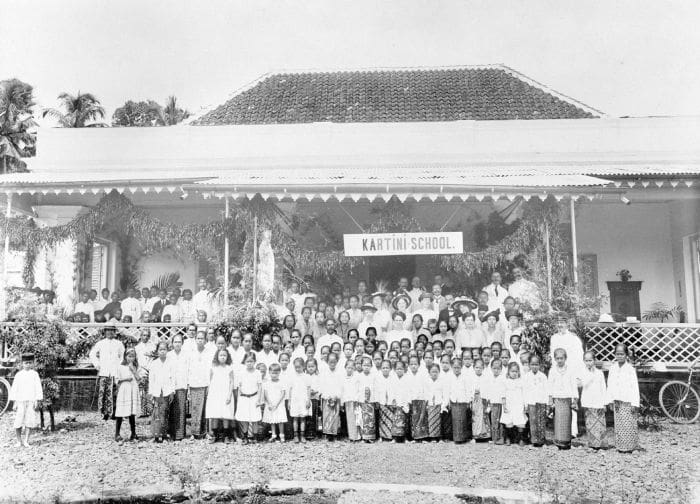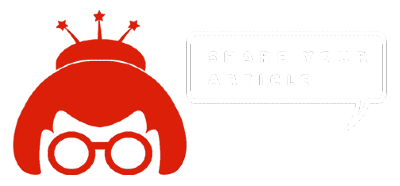After passing the Law on Crimes against Sexual Violence (UU TPKS) on April 12, 2022, Indonesia has another legal umbrella that protects its citizens from acts of violence, in addition to the Law on the Elimination of Domestic Violence.
However, in a country where the population does not have a policy regarding the protection of LGBTQ+ people, this protection from violence against LGBTQ+ people will become increasingly prominent.
We know that so far, Indonesia has not recognized the existence of relations outside of heteronormative ties, and there is no protection for related people outside of that. This is also exacerbated by the stigma and loss of humanity. Especially when non-hetero victims such as LGBTQ+ become victims of domestic violence.
This condition is further complicated when the ability of the LGBTQ+ community to respond to cases of domestic violence is also not as strong as the women’s movement in heteronormative relations. Again, this is because there really isn’t any legal umbrella to protect them; even the law can criminalize them.
To move forward, as is the case in the women’s movement, in the absence of a policy for LGBTQ+, it will be challenging. It’s still fresh in our memories when the TPKS Law was still a draft law; various attacks arose. This bill was considered to allow non-hetero relations, and how the LGBTQ+ community ended up dimming their hopes for a cause that was considered more significant because this country hates LGBTQ+, and anything deemed legal will also provide extreme resistance.
In the end, LGBTQ+ often choose to remain silent and try to get out of bad relationships on their own. Report to the police? The victims may be made the butt of. Want to report to the local RT / RW? It could be victims who will be persecuted later. Want to report to fellow community friends? How can it be if the perpetrators also come from the community and have more substantial power there?
Not to mention the threat from the perpetrator, who would reveal the victim’s sexual identity to their parents or workplace if the victim dared to run away.
Again, just like heterosexual relationships, perpetrators often bind victims through manipulation so that victims end up depending on them and only have friends of the perpetrators so that victims cannot go anywhere and have no choice. Full recovery is also a big challenge if they finally get out of the relationship. How many psychological counseling institutions are aligned with LGBTQ+ and do not provide stigma?
Then, what should we do as people in this community, and who chooses to be allies? Hartoyo, an activist working on LGBTQ+ issues, said that community strengthening is a crucial starting point to help victims. Because it is challenging to relate victim protection to state law, the things that are important to strengthen are psychological recovery and temporary financial support and shelter.
Those of us who care about LGBTQ+ issues must work together to create an integrated system for the protection of victims of domestic violence and sexual violence that occur in LGBTQ+ relationships.
Each community can start according to their abilities and what they already have but still in solid coordination. It is also essential to have a unified view of violence and continuously socialize the principle of non-violence.
Crowdfunding, integrating violence and recovery materials into activities that involve LGBTQ+, and embracing more allies who are proven to be one-sided, can be a way. Actions for prevention and treatment, as well as recovery, should, of course, be carried out simultaneously as long as the community and individual movements that care about LGBTQ+ issues are solid.
The state, through its regulations, does not side with LGBTQ+ who are in situations of domestic violence and sexual violence, so social movements are the hope for every LGBTQ+ individual who has experienced violence to obtain their rights to get justice, protection, and recovery. Indeed, this is not easy with the current political situation, but it is not impossible to do.
(Translated by Marina Nasution)





